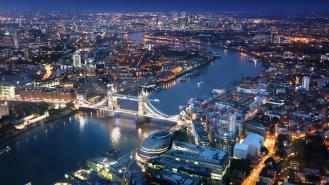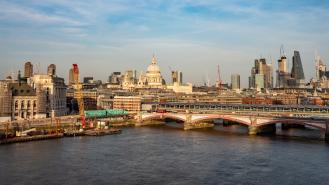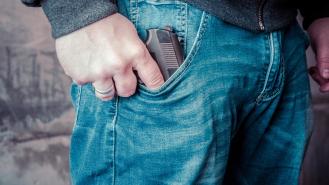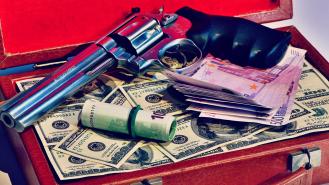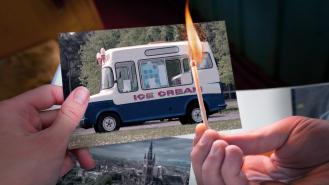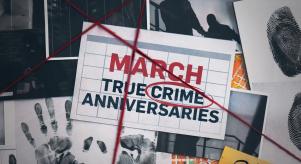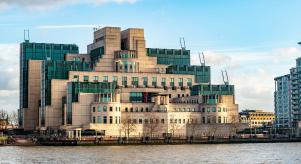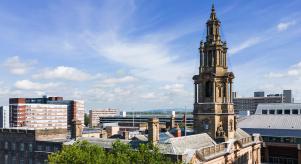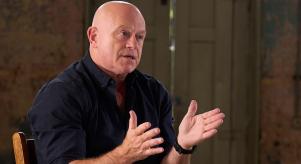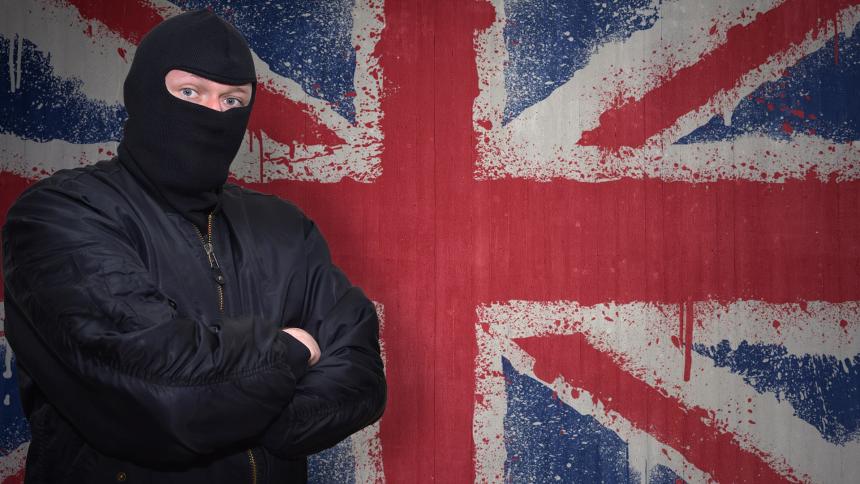
The biggest crime gangs in Britain
Hidden beneath the surface of ordinary everyday life is a shadow world. One which acts very similarly to the one we’re all familiar with. It’s a landscape in which billions of pounds changes hands constantly, but exists almost entirely out of sight.
We’re referring to the so-called ‘black market’, an economy not run by bankers, but by criminals.
It’s believed that there are well over 5,000 different organised crime groups operating in the United Kingdom today. And that’s a conservative estimate. So it should come as no surprise that Britain is a major player when it comes to organised crime in Europe and the wider world.
Let’s examine some of the bigger, higher-earning and more dangerous gangs out there, on a city-by-city basis. Starting with the spiritual home of British organised crime, The Big Smoke...
London
Each and every year, almost £100bn of criminal money is laundered in the UK, with the majority being cleaned in London. While large sums are dealt with by seemingly legitimate shell companies, gangs do their part too. They also concern themselves with a hefty percentage of the UK’s estimated £11bn illegal drugs trade. Then there’s the not exactly trifling matter of the enormous black market that exists in people trafficking.
It’s a truly diverse picture of illegal activity.
Somewhat representative of the city’s demographic make-up, it’s mostly foreign gangs that carve up crime in the capital.
Principle among the gangs operating out of London are the Albanian mafia, who all but control the £5bn cocaine industry in this country. Alongside Bengali machete gangs and Somali street hoods, the Albanians rule East London. Factor in the Turkish-Cypriot mob, Nigerian fraudsters, Russian hit squads and gangs of newly-arrived Chilean burglars and it’s a truly diverse picture of illegal activity.
Liverpool
Merseyside is no stranger to criminal gangs. It never has been. Yet while it’s often the lower end of the scale, the street gangs of youths, that make the news, the more lucrative criminal activity goes on at a much higher level.
Outside of London, the drugs and illegal firearms trade in Britain is almost exclusively run by a cartel of Liverpudlian traffickers. Despite some well-publicised inter-gang rivalries at street level, the city of Liverpool is a big player on the national - and international - stage because of its ability to work together. Criminal groups coexist to everyone’s benefit and often forge allegiances with gangs in other countries. Criminals in the city have very strong ties to Ireland and Spain, for example.
After the big boys have made the deals and imported the drugs and guns, it’s up to the kids to shift them. Such active street gangs in Liverpool include: The East Side Boys, The Whitney Gang, The Croxteth Crew, The Deli Mob, Wavo 420, The Strand Gang, The Fernhill Gang, The Kirkstone Riot Squad, The Laneheads, The Scottie Road Crew and The Linacre Young Guns.
Manchester
Known to some in the north west as ‘Gunchester’ or ‘Gangchester’, Manchester is a city with a rich history of serious gangland activity. As for crime in the 21st century, the city prefers to keep its outlaw talent homegrown.
As with all cities, a not-insignificant amount of serious and organised crime is committed by foreign gangs. But in Manchester, the majority of the drug dealing and gun running is carried out by a small number of Mancunian enterprises.
Outfits such as The A-Team, The Cheetham Hill Gang, The Gooch Close Gang, The Pepperhill Mob and The Doddington Gang scrap it out to gain turf in an ongoing drug war. All groups are thought to be involved in the staging and promotion of illegal raves, designed to increase the demand for their products (primarily ketamine and MDMA).
Birmingham
The Peaky Blinders may get all the attention thanks to the wildly successful BBC crime drama, but compared to the organised criminals that operate in England’s second city now, those razorblade-sporting lawbreakers were nothing but oiks.
Midlands Police believe that some 40 local criminal gangs are involved in turf warfare which has seen an explosion in street violence in Birmingham over the past few years. Birmingham's Organised Crime Unit were recently forced to double their manpower to help fight the sharp increase in knife and gun crime, the majority of which is being attributed to gangs of young men from the city.
The groups of primarily drug-dealing men make up informal organisations such as The Frankley Killers, The 61 Gang, The 247365, The 23 Drillas, The Burger Bar Boys and The Johnson Crew.
Glasgow
Being easily the largest urban area in Scotland, it’s not surprising that Glasgow is the focal point of crime and gang activity in the country. The city first gained widespread criminal notoriety for its fighting and razor gangs of the 1920s and ‘30s. Now, however, crime and gang activity is much more organised and serious.
In Glasgow, crime is often a family affair. While traditional gangs exist, both domestic and foreign, the bigger criminal enterprises are often blood affairs.
Generally known as ‘clans’, the two most feared and successful are The Lyons Clan and The Daniels Clan. The two families are the fiercest of rivals. Primarily, their animosity stems from working in the same industry - drugs. But decades of tit-for-tat attacks has seen the feud ramp up. Robberies, assaults and even murders mean that it’s never a wise idea to get in between the two warring families.
Belfast
As with a lot of things in Northern Irish life, it’s all but impossible to talk about gang crime without mentioning sectarianism. The Catholic/Protestant divide, while arguably less corrosive now than in previous years, is still a major issue for the city of Belfast. And it’s even evident in how criminal gangs operate there.
It’s believed that more than 75% of the city’s criminal activity is drug-related (the rest is a combination of fraud, sexual exploitation and other slightly lesser offences). While there is a European presence there - primarily Russian and Eastern European - the majority of gangs are composed of local men. Paramilitary involvement in organised crime is what keeps religious and political lines drawn and often sees heightened violence and more personal retribution dished out.
These characters may be operating in the land of The Queen, afternoon tea and crown green bowls, but there’s nothing polite about them at all. You’d do well to keep out of their way...
